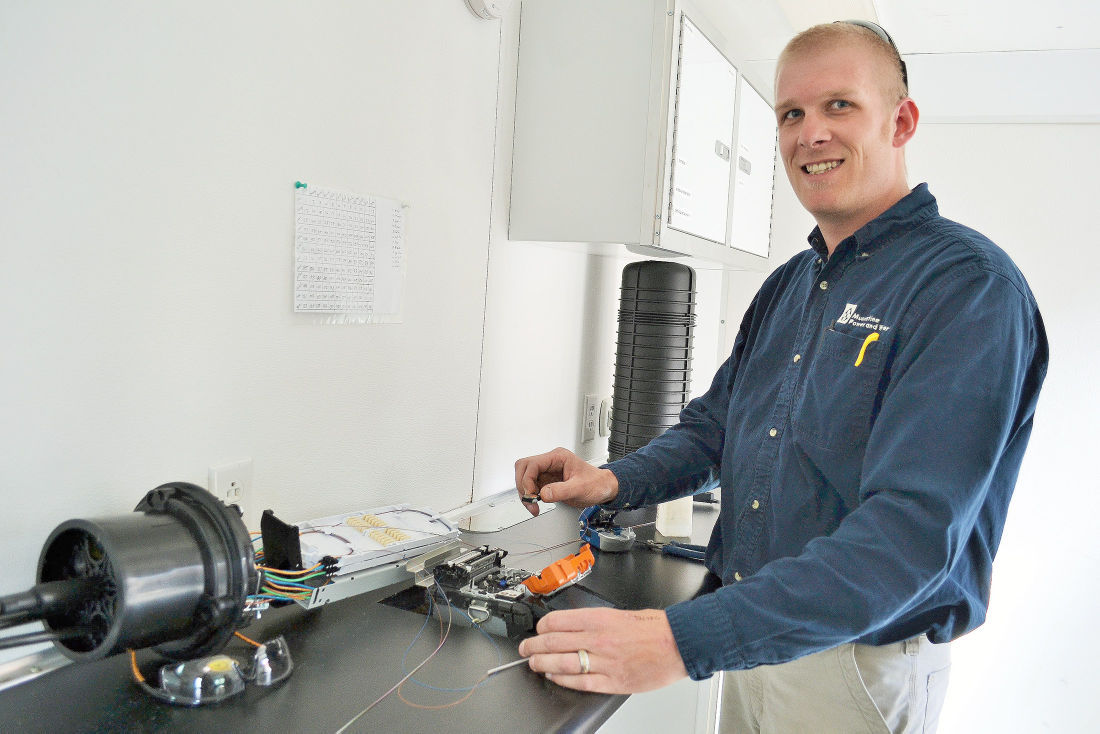By MARC BROWN
Westerly’s Town Council is currently considering whether to enter into a contract with SIFI Networks of London to build a $30 million fiber optic network. SIFI is proposing to build the network and the town would lease-purchase it from the company at an annual cost of $1 million to $2.5 million over 30 years. SIFI has promised that a third-party internet service provider will sell broadband packages on the new network, sharing revenue with Westerly to cover the town’s lease cost. SIFI has “guaranteed” it. That guarantee is only backed by the word of the company — a company that hasn’t actually built a single mile of fiber anywhere in the United States. The town can supposedly back out of the contract at any time — but SIFI would then retain ownership of the network, and would be free to use it as they see fit without town involvement.
Steve Blum, a broadband consultant hired to study SIFI’s contract in another community, recently told The Westerly Sun that the town “should assume it will have to be subsidized by some other source, whether it’s a tax or a utility fee…They will not make enough money from operation of the system.” Even a cursory look at the numbers should raise a red flag. Using SIFI’s assumption of 36 percent penetration, the average monthly household bill would have to exceed $200 per month for the town’s revenue to cover the $1.5 million annual lease commitment. Continue reading








